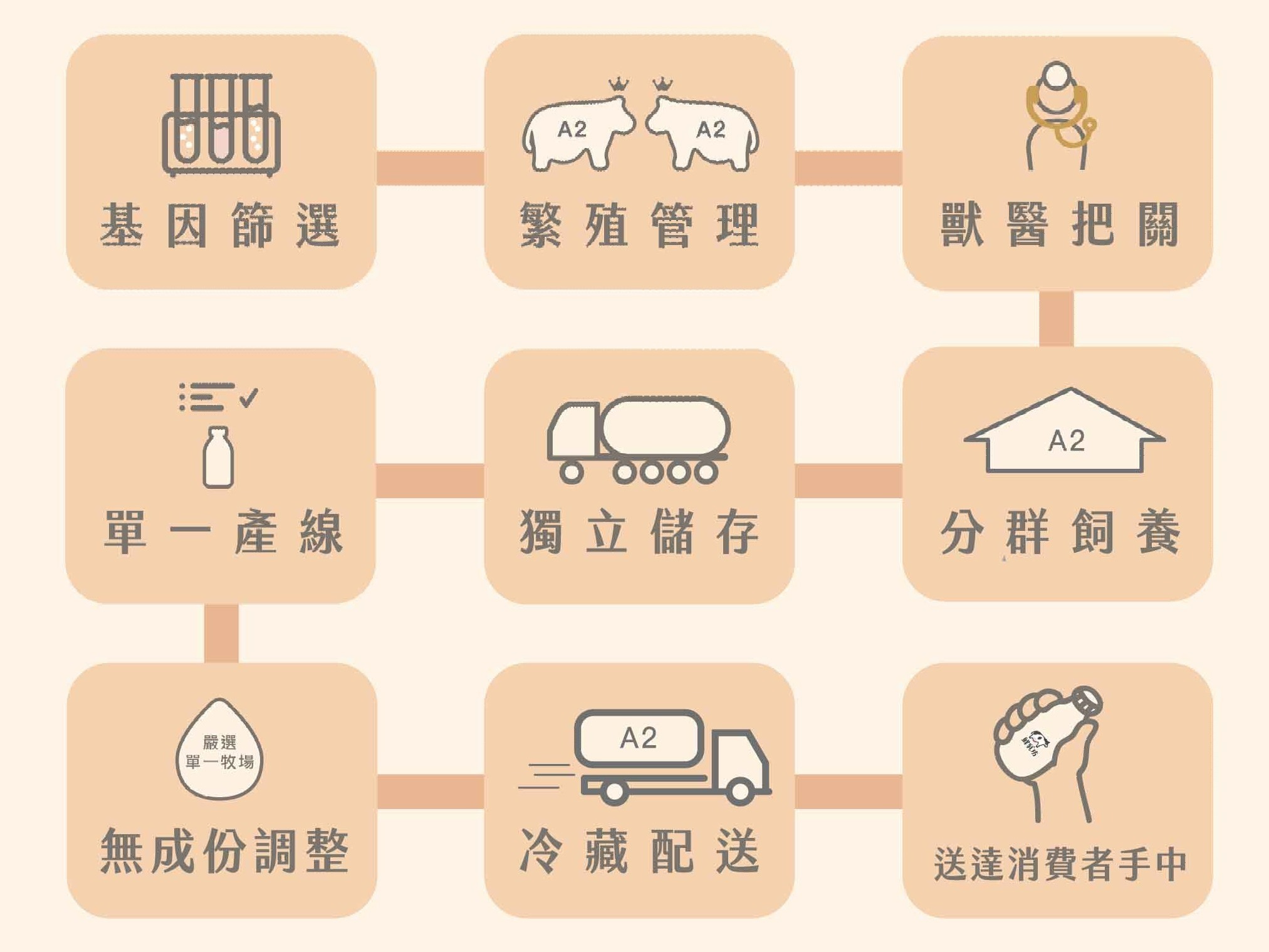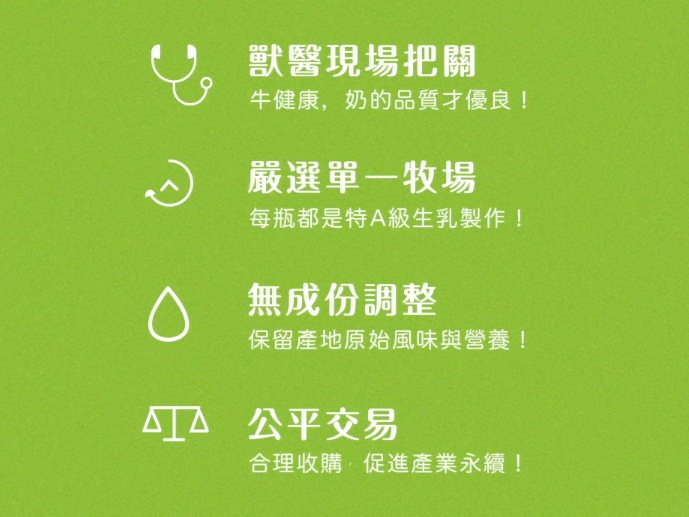Social enterprises that gain public attention often come from the "social" sector. However, in the reality of the market environment, they are no different from other businesses. "Social" can even be a hesitation that is not mentioned in business investment evaluations. For over 6 years, Bettermilk believes that the most commendable achievement is not that their revenue is about to exceed six hundred million, but that they received "benefit corporation" certification at the end of 2020.
After coming into contact with Bettermilk in late 2014, we opposed their wild pre-ordering initiative that came with a highly challenging cold-chain home delivery service due to the project's widespread participation across Taiwan. Frankly speaking, we did not believe in the logistics value of the last mile, which was often overlooked by many innovative crowdfunding teams, let alone the quality transportation of low-temperature unpackaged milk throughout the entire process.

However, after completing its crowdfunding campaign in 2015, Bettermilk did make many operational adjustments. Although we had no investment or business dealings with them, we did have discussions about the "social" aspects that social enterprises emphasize. If "veterinarian oversight" is their brand belief, then the talent shortage of large animal veterinarians should be an urgent "social" issue that needs to be addressed. To be honest, we have great respect and sympathy for these social enterprises, who carry their social missions on their shoulders before making any profits. At that time, we promised to lend a helping hand in nurturing large animal veterinarians.
「"As long as we're not taken into custody, any fines we have to pay due to innovative models that haven't kept up with the law can be considered as part of the cost!"In early 2016, Bettermilk invited us to join their capital increase. Upon further inquiry, we found out that they urgently needed funds to sign a contract with a farm. As an asset-light company, they needed to apply for credit guarantees to obtain bank loans. Although they were in the process of applying, it would take at least six months to get the loan approved. They needed a short-term solution for their cash flow problem. We believed there might be a better way than increasing capital for short-term needs. After assessing the underwriting process, which only required procedures and repayment within the same fiscal year, we decided to provide interest-free temporary funding from our foundation to help Bettermilk get through this difficult period.

Whether a foundation can handle revolving loan is indeed debatable, but at least self-discipline should come first before the law is clarified. We immediately adjusted the "social relief assistance operating guidelines" that the foundation already had and held an interim board of directors meeting to add NPOs and social enterprises as assistance objects, allowing zero-interest revolving and donations to run in parallel. We also signed a memorandum of understanding with Bettermilk to emphasize the need for repayment within the same fiscal year. However, if the repayment cannot be made, the foundation has the right to choose to convert the revolving funds into pre-purchased fresh milk and donate it to support nutrition supplements for schools in remote areas. In fact, Bettermilk returned the revolving loans on time as promised. We only bore the time risk caused by government administrative procedures. Today, Bettermilk is a company with annual revenue of over 500 million, and we are still not shareholders of the Bettermilk "enterprise," but we are still "social" partners. However, the "social relief assistance operating guidelines" that the foundation self-disciplined through were also questioned by the authorities. Although it was not illegal and the case was eventually satisfactorily concluded, we intended to end the discussion instead of having arguments with an open-minded approach to learning from the government's feedback.




